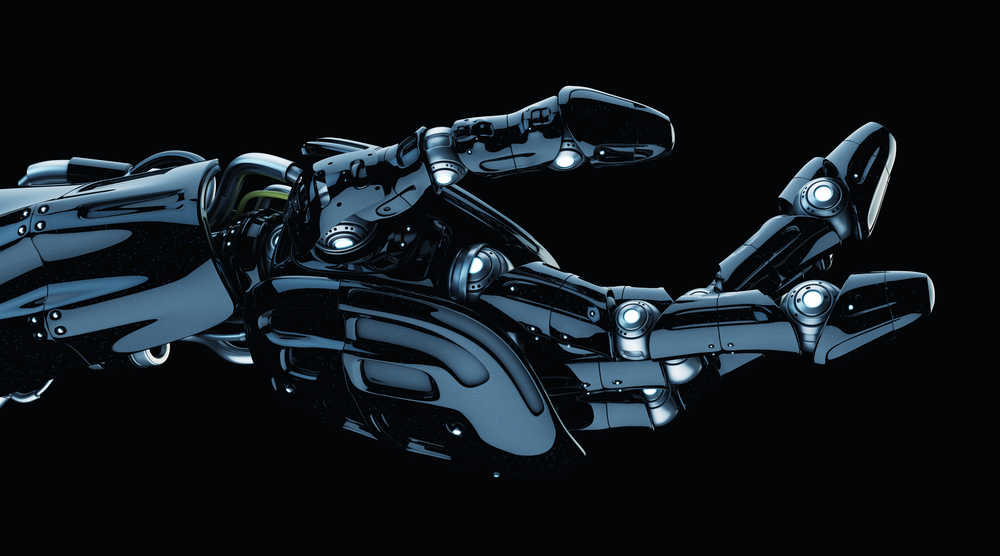The First Bionic Bitcoin Cyborg

 Martijn Wismeijer , founder of MrBitcoin , a Bitcoin ATM collective, has had two computer chips installed inside of his hands. On these chips, Wismeijer can store Bitcoin address private keys, create alarm clocks, and unlock doors.
Martijn Wismeijer , founder of MrBitcoin , a Bitcoin ATM collective, has had two computer chips installed inside of his hands. On these chips, Wismeijer can store Bitcoin address private keys, create alarm clocks, and unlock doors.
To inject the chips into his skin, Wismeijer used an xNTi injection kit , which places a chip into his skin using a syringe. According to The Telegraph , the pain from the injection usually subsides within a day.
https://twitter.com/MrBitc0in/status/529784155941257216
Wismeijer specifically installed near-field communication (NFC) chips, which allows smartphones to read data from his hands. For example, an iPhone application could retrieve Wismeijer’s bitcoin wallet’s private key simply by holding an iPhone 6 near one of Wismeijer’s hands. Wismeijer explained to The Telegraph,
Don’t be like me: I wanted to try it out even before the blood dried up, but it is like a new mobile phone that needs to be fully charged before you switch it on the first time. Really you should leave it alone until it is no longer swollen and healed, or you might risk infection and then your body might reject the implant”.
He further elucidated that,
The reason I did take the implants is that I have real-world uses for it today, my phones and tablets are all compatible. I personally feel that by supporting these bio-hacking developments we can learn what works and what doesn’t and that some day, in the not so distant future we will be able to implant more functionality like sub dermal glucose sensors or heart rate monitors and other vital health monitoring devices. Imagine a normally invisible tattoo on your arm glowing red when you get a heart attack, swipe your phone and your phone will notify your doctor.

Wismeijer has determined that his “personal” wallet is not yet secure enough to be a permanent solution. He does, however, consider the experiment a success.
Potential Issues
Bio-hacking , or modifying your body with enhancements, poses serious issues, especially in the case of Bitcoin wallets. One such issue is the possibility that the implant of the microchip could go wrong– the person receiving the implant could become seriously injured. Furthermore, even if the implant is successful, it’s still possible that the chip won’t work. What would you do with a faulty computer chip inside your body? Another major issue that sticks out is theft– if a thief knows you’re carrying a hefty value of bitcoins on (inside?) you, they might try steal them. The fact that they’re inside you, rather than on your phone or in a paper wallet, makes this an even scarier thought– they would need to force you to stand still and hold your hand (or other body part) out while they completed the NFC transaction.
While it may seem creepy, chip implants and bio-hacking have the potential to become a more popular method for performing everyday tasks. Your car, your phone, and your house’s front door may be unlocked using your body in the future. The decision to implant chips inside your body doesn’t come without repercussions, however.
What do you think of implanting Bitcoin wallets and processors in your body? Comment below!
Quotation by Wismeijer from The Telegraph edited slightly for clarity.
Images from Martijn Wismeijer’s twitter , DangerousThings.com and Shutterstock .